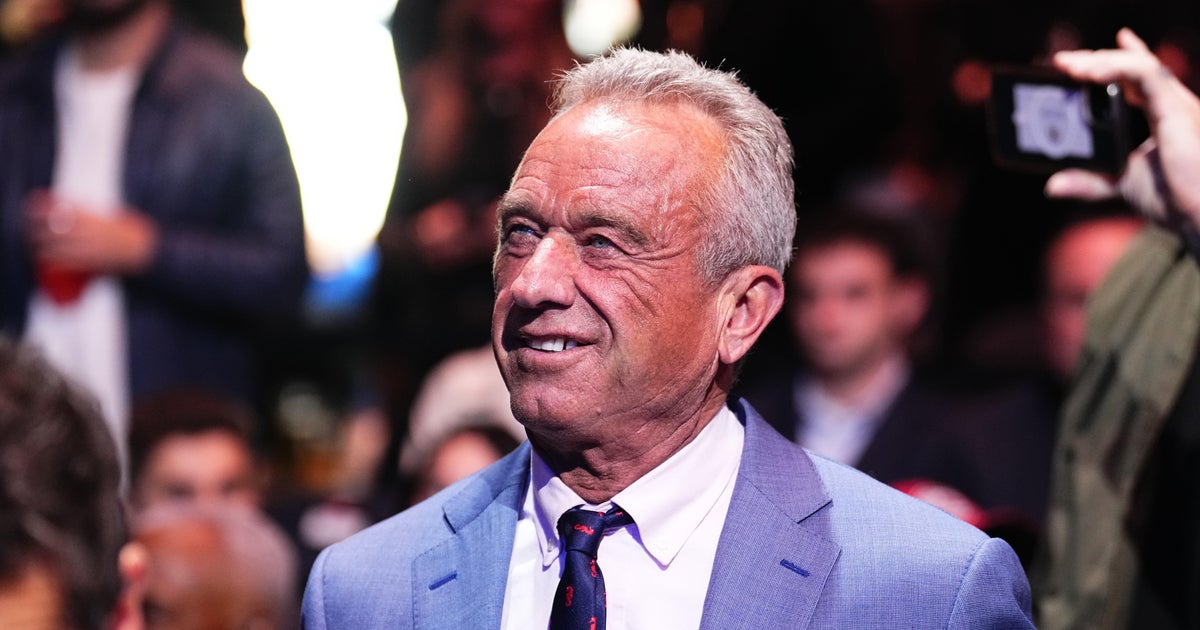Obama calls for more regulatory oversight of social media giants.

PALO ALTO, Calif. — Former President Barack Obama on Thursday called for greater regulatory oversight of the country’s social media giants, saying their power to curate the information that people consume has “turbocharged” political polarization and threatened the pillars of democracy across the globe.
Weighing in on the debate over how to address the spread of disinformation, he said the companies needed to subject their proprietary algorithms to the same kind of regulatory oversight that ensured the safety of cars, food and other consumer products.
“Tech companies need to be more transparent about how they operate,” Mr. Obama said in a speech at Stanford University, long an incubator for the tech sector in Silicon Valley. “So much of the conversation around disinformation is focused on what people post. The bigger issue is what content these platforms promote.”
The former president lent his support to proposals to revise a key legal shield for internet companies: Section 230 of the Communications Decency Act, which protects social media platforms from liability for content that their users post. Supporters of a change believe it would force companies to do more to curb illegal or dangerous behavior — from drug sales to disinformation with equally harmful consequences.
Mr. Obama, while praising the internet’s transformative benefits, urged companies to put social responsibility ahead of the relentless quest for profits.
“These companies need to have some other North Star than just making money and increasing profit shares,” he said.
Mr. Obama spoke at a conference organized by Stanford’s Cyber Policy Center, which is dedicated to the challenges the digital world has created for democracy in the United States and beyond. He cited his own effective use of social media as a candidate but also his frustration with how Russia’s president, Vladimir V. Putin, used social media to influence the outcome of the 2016 presidential election.
“What does still nag at me was my failure to fully appreciate how susceptible we had become to lies and conspiracy theories, despite being a target of disinformation myself,” he said, referring to, among other things, the false debate over his U.S. birth certificate. “Putin didn’t do that. He didn’t have to. We did it to ourselves.”
Among the attendees were prominent scholars, former government officials and representatives of several tech companies, including Alphabet — which owns Google and YouTube — and TikTok. In separate discussions, panelists largely agreed on the problem of disinformation and the toxicity and partisanship that it fuels, but there was little consensus on what specific solutions would work best or be politically possible.
“We’re not going to heal or even contain this problem overnight,” said Larry Diamond, a senior fellow at the Hoover Institution and Stanford’s Freeman Spogli Institute for International Studies. He is also an author, most recently of “Ill Winds: Saving Democracy From Russian Rage, Chinese Ambition, and American Complacency.”
On the sidelines, Mr. Obama also met with a smaller group of students and young scholars from the Obama Foundation. At one point, he asked Elise Joshi, a founder of a group called Gen-Z for Change, to explain how TikTok was more than dance videos.
“It’s going to be your generation that figures this out,” Mr. Obama told them.
World News || Latest News || U.S. News
Source link



